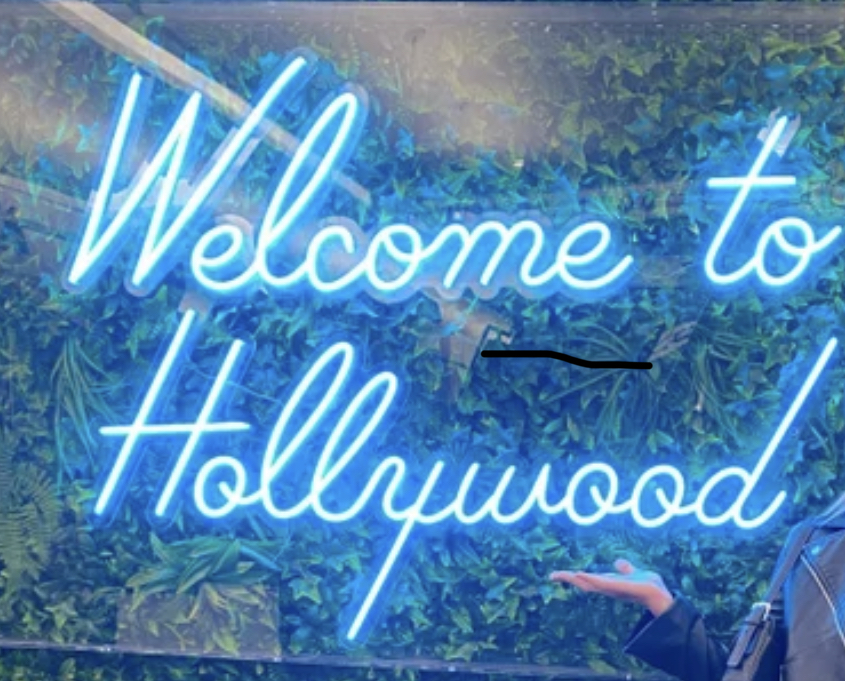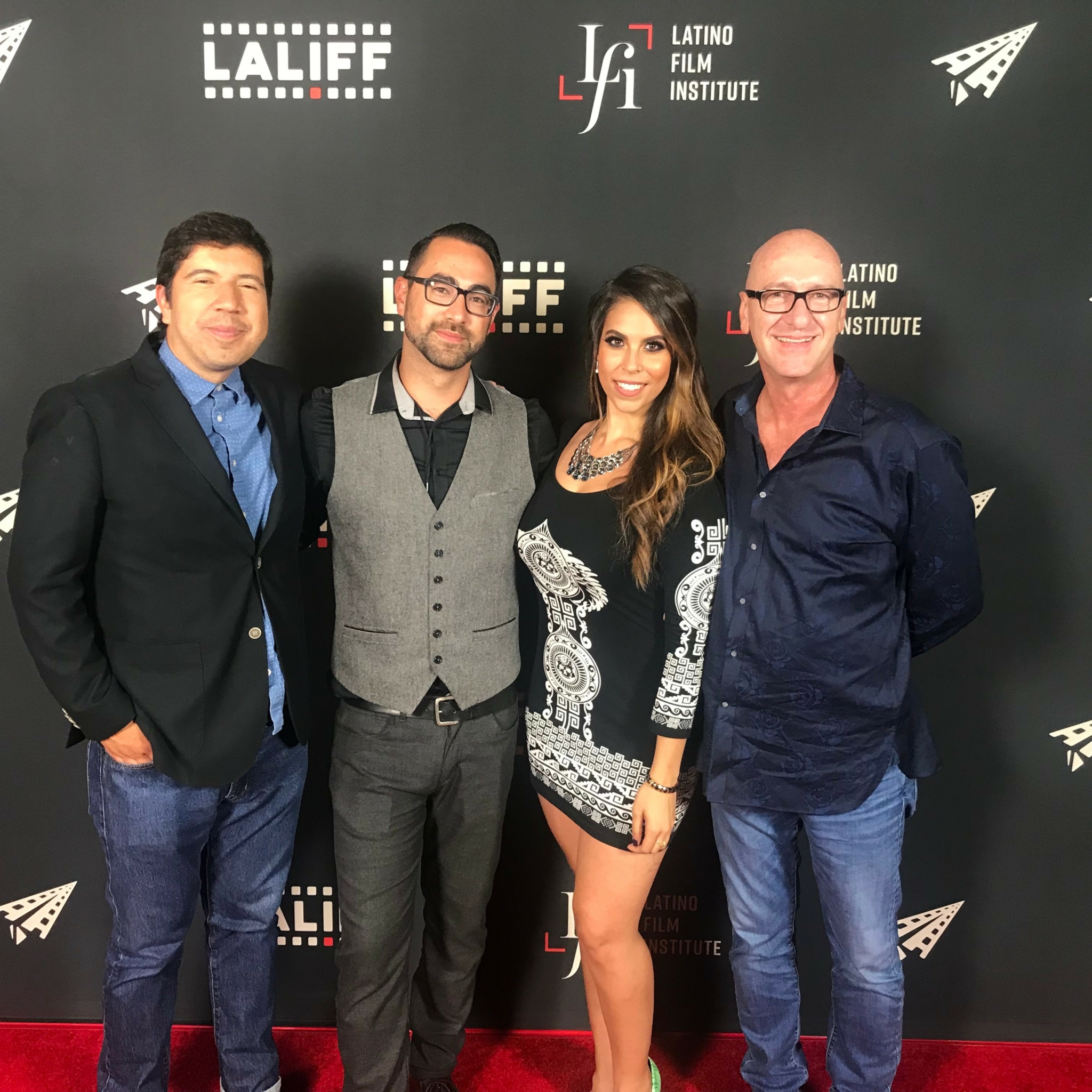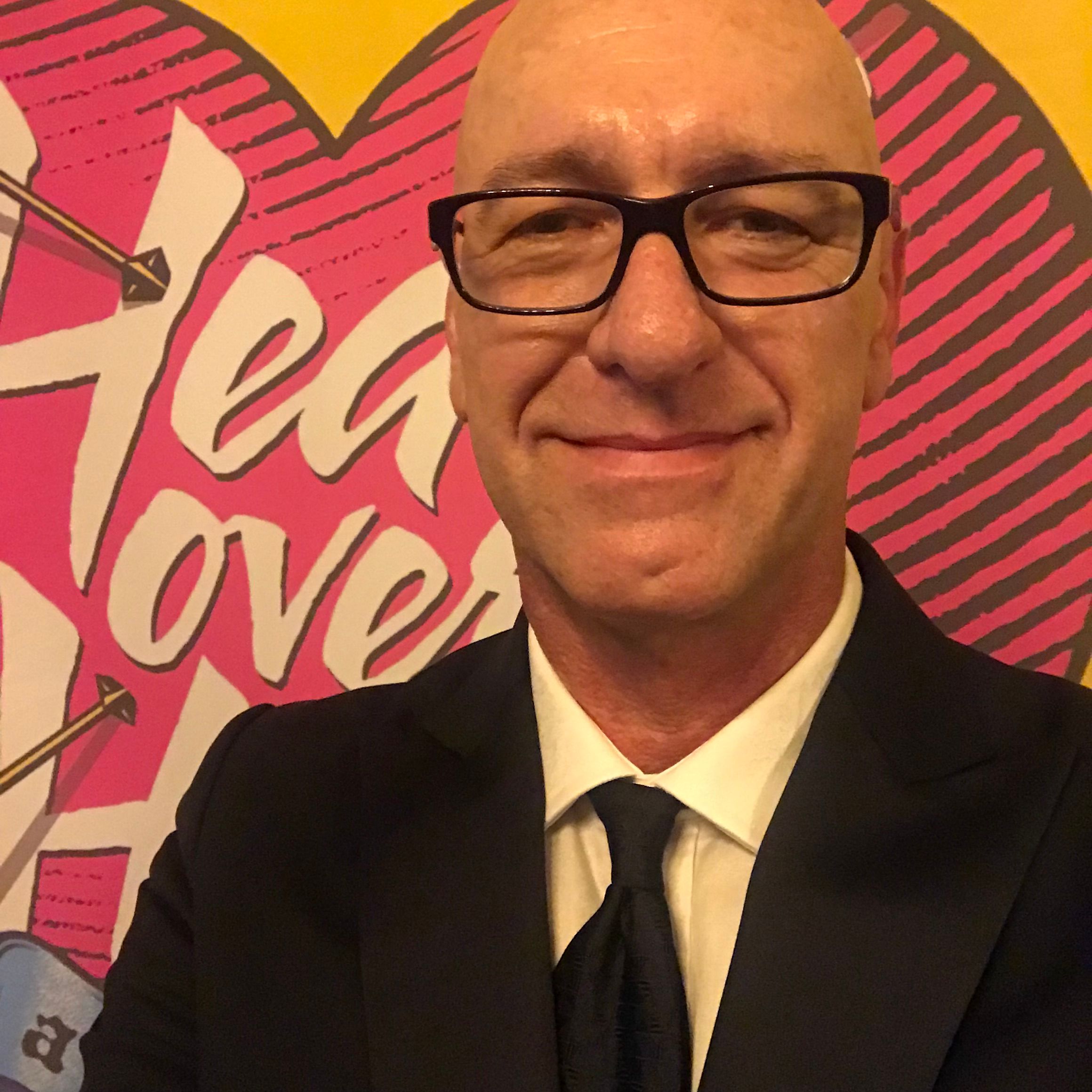We recently connected with Paul Miloknay and have shared our conversation below.
Paul, thanks for taking the time to share your stories with us today One of the most important things small businesses can do, in our view, is to serve underserved communities that are ignored by giant corporations who often are just creating mass-market, one-size-fits-all solutions. Talk to us about how you serve an underserved community.
The entertainment industry is very much an insider community that is extremely difficult to break into. As a result, aspiring writers new to the business have a hard time getting access to representation who can help them navigate the industry and (hopefully) advance their careers. In fact, having written a screenplay or television script, most writers have no idea what to do next. There are some very talented writers out there who are doing their best to get some traction but manage to make any number of mistakes along the way.
For example, I had a young writer come to me with an excellent screenplay but no agent or manager and no clue how to get it out there. He had partnered with a producer who had tied up the rights indefinitely and wasn’t doing anything with the script. The writer had made several mistakes, like partnering with the wrong person, giving his work away for free, not getting anything in writing. It would take a difficult negotiation with the producer to fix the problem (which is where I came in).
All of the writer’s problems are avoidable. Over the years, I’ve had numerous writers come to me with similar and other problems, which inspired me to write “Welcome to Hollywood.” It’s a guidebook for aspiring writers that helps this underserved segment of the industry avoid pitfalls, adopt good practices, and understand the basics of the various types of agreements they might encounter. There’s nothing quite like that on the market, so I decided to make something these young talents can use.
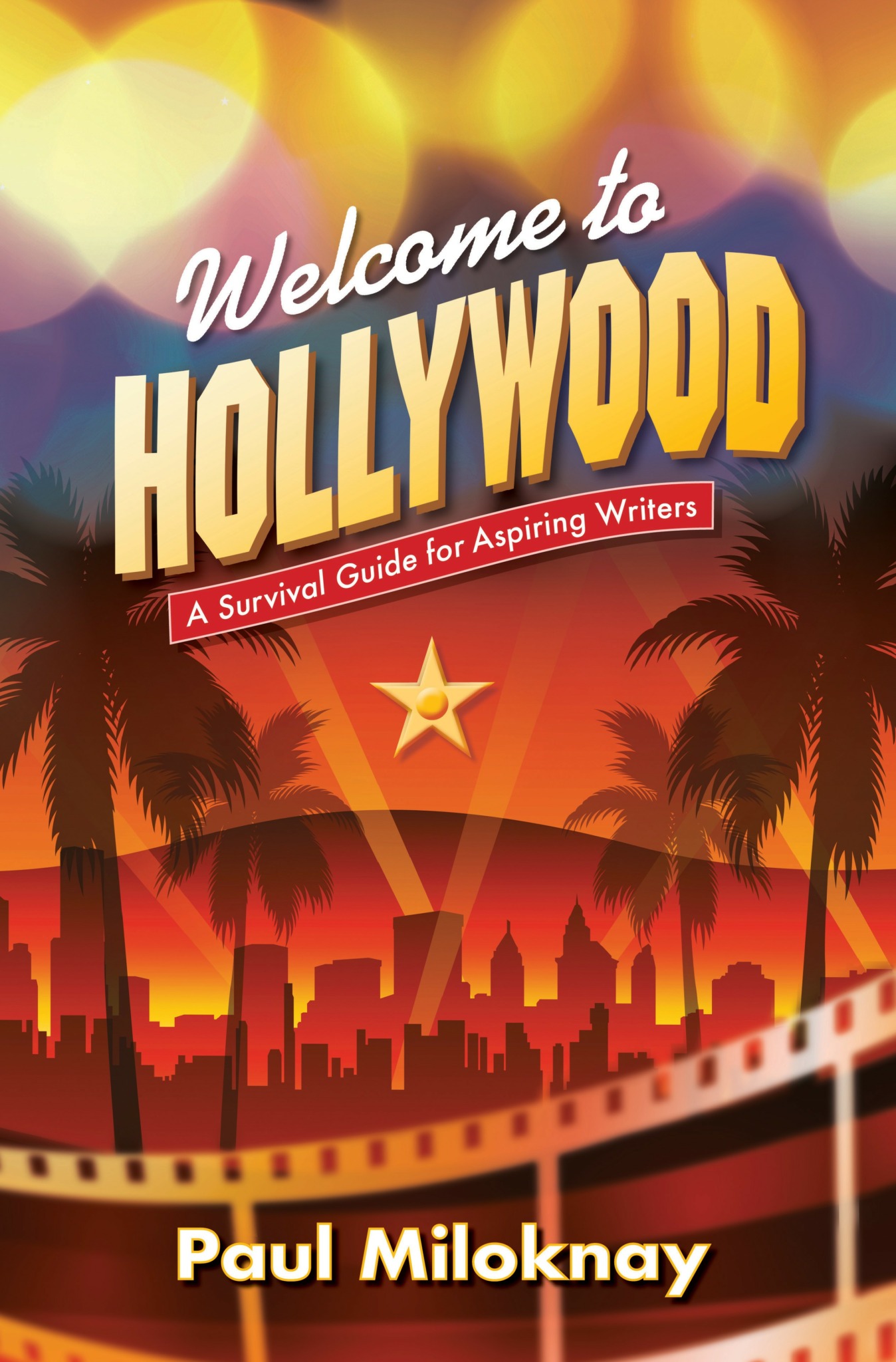
Paul, before we move on to more of these sorts of questions, can you take some time to bring our readers up to speed on you and what you do?
I was born and raised in Toronto, where I developed an interest in the entertainment industry. That interest grew when I attended Yale and I realized I could have a career in show business. So I went to law school at UCLA with an eye toward becoming an entertainment lawyer. After several years of trying, I finally landed a position at a boutique entertainment firm.
For the last 25 years, I’ve been representing writers, directors and actors, negotiating their contracts and providing wise counsel. Being in a small boutique firm, I have been able to provide a level of personal attention that attorneys at larger firms can’t really match. I believe a well-informed client is able to make better decisions, so I take the time to explain to clients what I’m doing and why. That’s especially necessary with the clients who are just at the outset of their careers and the reason I wrote my book. At the end of the day, I solve problems for my clients. It might be a writer who is in a dispute with their writing partner, or a director being deprived of their cutting rights on a movie. I also provide general guidance for my clients when they have questions about their deals, their agents and managers, or just about anything else.
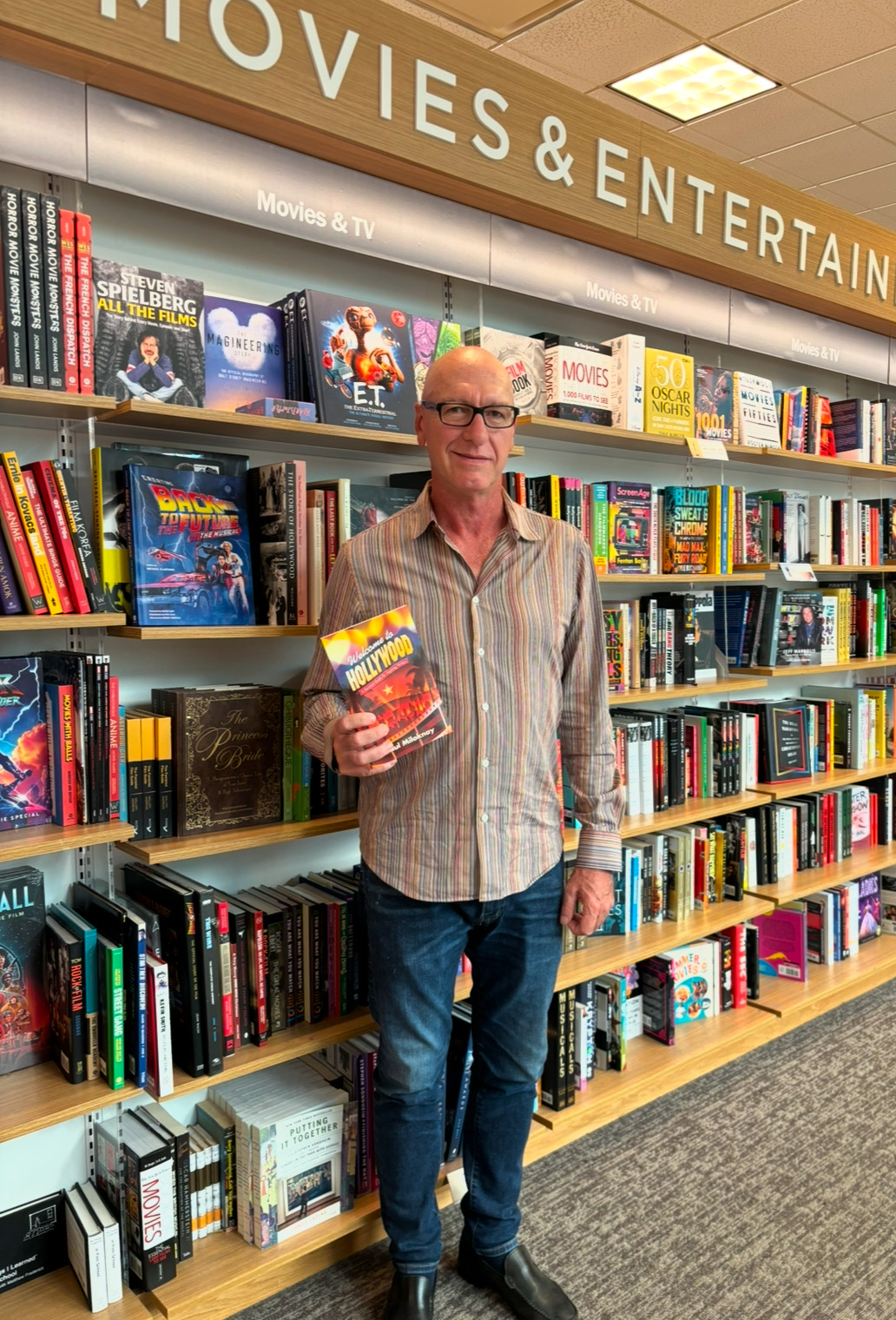
How’d you build such a strong reputation within your market?
I think it was a combination of things that helped me build my reputation. First, I provide consistently outstanding work. I give the same amount of attention to every deal, big or small. Every client is important. Second, I have good relationships with the agents, managers and executives, partly because of my consistently excellent work and partly because I make their jobs easier. Third, I offer a level of personal attention that is hard for other attorneys to match. And related to that, I pride myself on being accessible and easy to talk to.

What’s been the best source of new clients for you?
The entertainment industry is a relationship business. As a result, virtually all of my clients are referrals. I rarely chase clients. My best sources for clients have been talent managers, who tend to be the gatekeepers for new talent. I work with a number of managers who have been a steady source of business. In a close second, my existing clients have often been a good source of new clients. Good word of mouth really helps.
Contact Info:
- Website: https://welcometohollywood.net
- Instagram: @miloknay
- Linkedin: Paul Miloknay
